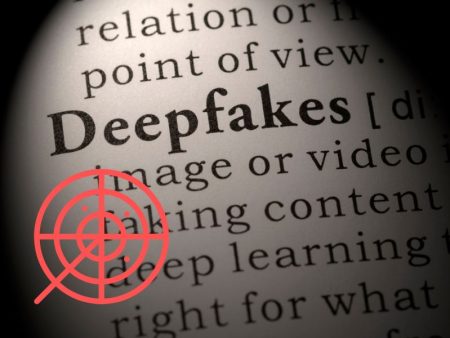When AI-powered voice generation swaggered into the dubbing industry, promising lightning-fast localization and slashed costs, it probably didn’t expect a crowd of fierce, flesh-and-blood voice actors ready to put up a serious fight.
But that’s exactly what’s happening — and the standoff is heating up fast.
In a recent report by Reuters, professional voice actors from countries like France, Mexico, and India are speaking up — loudly — about how synthetic voices are already creeping into their territory. Studios are beginning to swap the warm cadence of human performance for polished but sterile AI renditions, and performers are raising a red flag: what’s being lost in the process isn’t just jobs — it’s culture.
“Our voices aren’t just sound. They carry emotion, heritage, and rhythm you can’t replicate with code,” says Indian voice actor Samay Ghosh. “A machine might be able to fake excitement, but it can’t feel it. And audiences notice.”
Human Emotion vs. Machine Precision
It’s not just about livelihoods. Dubbing, especially in countries with vibrant film industries like Mexico and India, is more than a technical service — it’s an art. Fans develop strong attachments to local voice actors who bring their favorite international characters to life. Replacing those familiar voices with cold, AI-generated ones? That hits different.
In fact, a report from The Verge last year covered how anime fans protested when AI voices replaced long-time dub actors in a popular Netflix show. The backlash was swift and emotional. Studios were forced to quietly bring back human talent after poor reviews and fan petitions.
Global Pushback and Legal Lag
France, ever the cultural guardian, saw its main dubbing union strike earlier this year, demanding that studios ban AI voices without express performer consent. In Mexico, similar concerns have pushed local voice guilds into high alert, launching public campaigns on social media to inform fans of the shift.
Yet, while the actors are mobilizing, the laws aren’t moving fast enough.
“There’s still this massive grey area,” notes legal analyst Priya Desai in an interview with TechCrunch. “Voice cloning tech is evolving faster than copyright frameworks can adapt. In many jurisdictions, your voice isn’t explicitly protected — yet.”
That murkiness has given rise to some shady practices. Several artists have already discovered their voices were cloned and sold without permission. The anger is real, and lawsuits are brewing.
Studios: Charmed by Speed, Tempted by Savings
From the industry side, the temptation is understandable. AI dubbing companies like Papercup and Deepdub boast lightning-fast turnaround times and budget-friendly pricing. According to a recent CNBC article, some studios report cutting localization costs by up to 70%.
But are those savings worth the cultural flattening?
A fan of Korean dramas in Brazil might soon hear a perfectly synced, AI-crafted Portuguese version — yet something about the delivery might feel… hollow. The nuance of a sigh, the hesitation in a lover’s voice, or the fire in an angry line — these subtleties often get lost in synthetic translation.
The Bigger Picture: AI in Creative Work
Zooming out, this isn’t just a dubbing drama. It’s part of a broader storm brewing across creative industries. From writers to illustrators, actors to editors — the rise of generative AI is forcing an uncomfortable conversation: Where do we draw the line between assistance and replacement?
As The Guardian recently pointed out, dubbing may just be the canary in the coal mine. If creative labor is reduced to “content,” then even the most emotionally resonant art becomes algorithmic output. And that’s a future many creators refuse to accept.
What Comes Next?
Actors and unions are calling for legislation that explicitly protects vocal likeness — the way laws protect your image. Meanwhile, fans are being urged to check show credits, support union-backed projects, and speak out when they notice AI dubs replacing beloved voices.
If you’re wondering whether you’ll notice the difference — you probably will. Maybe not at first, but that moment when the line delivery feels just a bit… off? That’s the ghost in the machine. And once you feel it, it’s hard to un-hear it.

